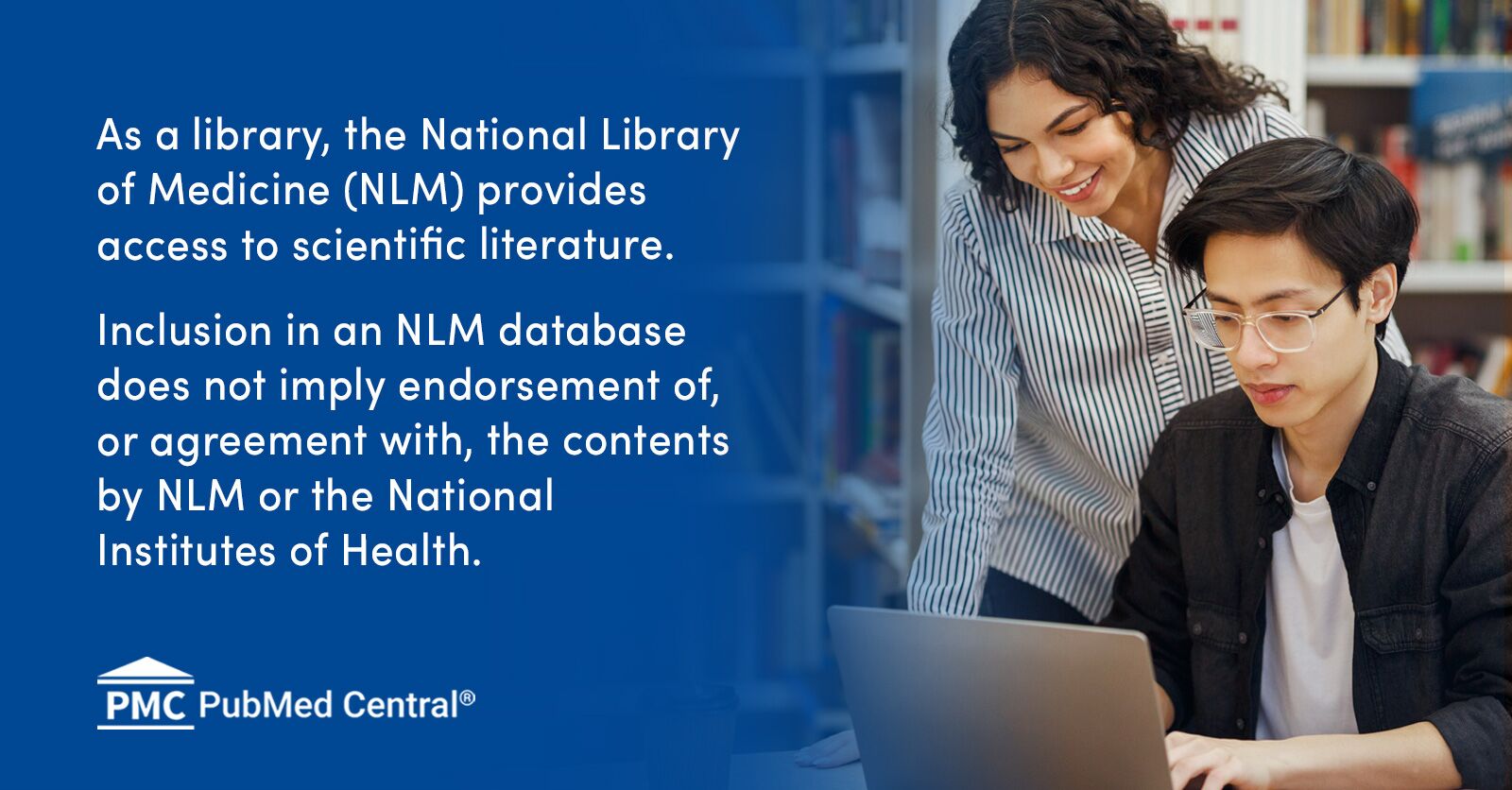
Globally, the field of preventive medicine has proven to be essential in averting disease incidence, mitigating health complications, and maintaining a thriving society. Preventive medicine encompasses a range of disciplines and is often overlooked, particularly in Western countries where access to clean water, proper sanitation, nutritious food, and effective vaccination programs are taken for granted.
The Role of Preventive Medicine
The primary objective of preventive medicine is twofold: to prevent the occurrence of diseases and to minimize complications in cases where diseases have already manifested. This past year, as we collectively faced the COVID-19 pandemic, we realized the importance of preventive measures beyond individual efforts. Social distancing, mask-wearing, and handwashing became crucial components of a public health mindset, emphasizing the significance of community-wide health measures.
Practicing preventive medicine requires a multidisciplinary approach that spans various fields. In this issue, we explore interviews with two experts who shed light on different aspects of preventive medicine. Dr. Nebert highlights the role of environmental genetics in understanding the interaction between chemicals in the environment and disease prevention. His research focuses on preventing cancer caused by toxin exposure. On the other hand, Dr. Altice emphasizes the importance of community outreach programs in addressing gaps in healthcare and ensuring preventive measures reach vulnerable populations.
Tackling Racism in Medicine
This issue also delves into the impact of racism on preventive medicine. Rather than focusing on race itself, we examine how acts of racism have affected individuals’ health historically, presently, and potentially in the future. Addressing this issue requires various modalities, and one approach is to incorporate teaching about the historical and current underpinnings of racism in medical education. By recognizing the trauma caused by racism and working to dismantle systemic racism, we can create a more equitable and effective healthcare system.
Focusing on Crucial Prevention Areas
Firearm prevention is another critical area within preventive medicine. Abdallah and Kaufman emphasize the life-changing consequences of firearm injuries on physical and mental health. They highlight the significant role physicians can play in preventing such injuries and discuss the need for tailored prevention strategies based on regional variations in causes.
Preventive medicine also encompasses advocating for marginalized communities, individuals with diminishing capacity, and children. Researchers in Singapore identified risk factors and potential preventive measures for dementia among older adults, emphasizing the importance of addressing the needs of this population. Likewise, a study on high school students’ stress and vaping habits sheds light on preventing vaping-related health consequences in the long term.
The Impact of COVID-19 and Epidemiology in Preventive Medicine
The COVID-19 pandemic has significantly impacted health policies worldwide, with mandatory lockdowns implemented to mitigate the virus’s spread. We explore studies from Peru and Iran, highlighting the effects of lockdowns on etiologies of death and the role of social distancing compliance in reducing mortality rates.
Lastly, epidemiology plays a crucial role in identifying risk factors for morbidity and mortality. Studies on postpartum depression, undiagnosed hypertension and diabetes, and screening programs for amblyopia provide valuable insights for preventive interventions. Additionally, evaluating the effectiveness of intervention programs, such as pre-participation screening in athletes, and examining the role of state medical boards in patient safety contribute to the advancement of preventive medicine.
FAQs
-
What is the objective of preventive medicine?
Preventive medicine aims to prevent the occurrence of diseases and minimize complications in case of disease onset. -
How can preventive medicine combat racism in healthcare?
Preventive medicine can address racism in healthcare by incorporating teaching about the historical and current underpinnings of racism in medical education and working towards dismantling systemic racism. -
What are some important areas within preventive medicine?
Important areas within preventive medicine include firearm prevention, advocating for marginalized communities, addressing the needs of older adults, tackling high school students’ vaping habits, and understanding the impact of COVID-19 on health policies.
Conclusion
Preventive medicine plays a vital role in creating a better world by averting disease, mitigating complications, and advocating for marginalized communities. From community outreach programs to epidemiological studies, the various facets of preventive medicine contribute to healthier societies. By recognizing the importance of collective health measures and addressing systemic issues like racism, we can build a future where preventive medicine is at the forefront of healthcare systems.
This article was created in partnership with News Explorer Today.